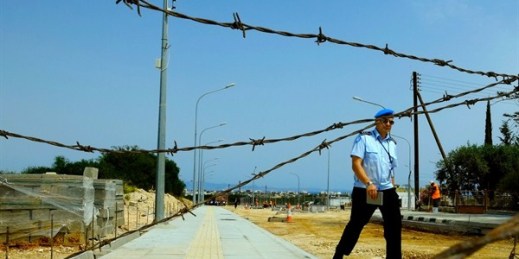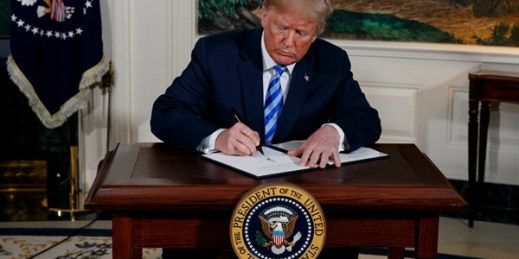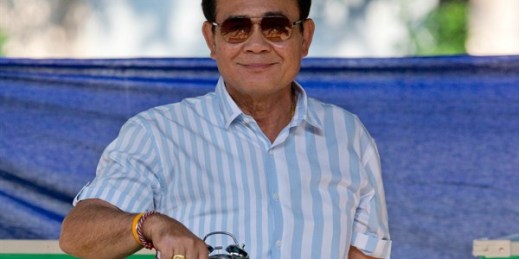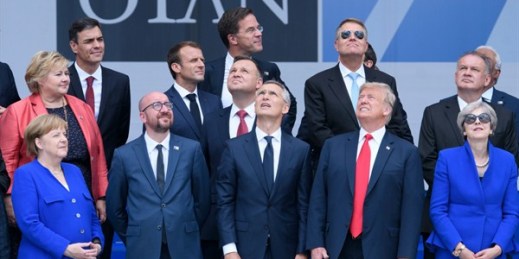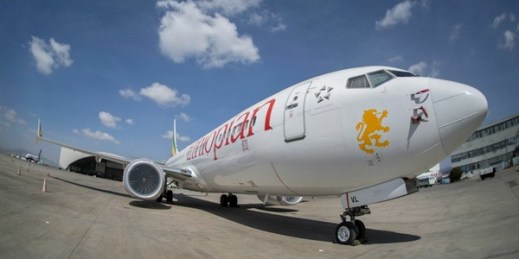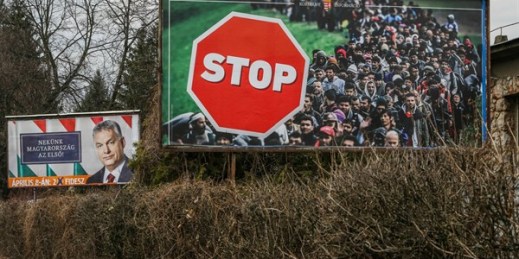
Democracy is fragile in the post-communist countries of Central Eastern Europe, where the specter of authoritarianism and corruption is rising. Find out how some CEE countries are enjoying the fruits of democracy while others are struggling —when you subscribe to World Politics Review Even under the best of conditions, democracy-building is difficult and uncertain. Historical experience shows that failure is more common than success, even in periods when liberal democracy has few rivals. But the post-1989 transformations of Central and Eastern European countries (CEE countries) from communism to democracy are often held up as a model of successful democratization. Despite […]

